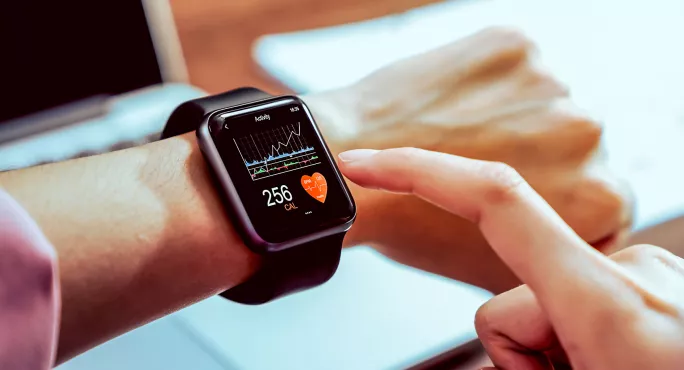What role can education play in helping to improve health outcomes for people with learning disabilities?
This was the central question explored at a conference at the University of Strathclyde called Health and Fitness for All: Health Education for Diverse Communities.
The 70 delegates included 19 secondary school-aged students with learning disabilities, who had been researching ways to improve their health and wellbeing.
Their work culminated in a series of poster presentations shared on the day - a clear indication of the value of participatory learning and the central role that co-creation played throughout the event.
Person-centred health education
Particularly striking was the emphasis on giving a platform to those with lived experience. One keynote talk, ÔÇťIÔÇÖm not scared of death - but I fear getting diabetesÔÇŁ, was delivered by a woman with learning disabilities who spoke powerfully about her experiences of healthcare and her aspirations for a healthier life. Her testimony underscored the urgent need for accessible, person-centred health education that empowers individuals rather than overwhelms them.
The design of the event reflected this ethos of inclusivity: its poster was created by a student from the support-for-learning unit at Queen Margaret Academy in Ayr. Students from Queen Margaret and Abercorn Secondary School in Glasgow also visited the University of StrathclydeÔÇÖs , where research is co-created with members of the public to promote real-world impact. They explored digital tools, such as wearable health monitors, and considered how technology can help to track and improve personal health outcomes.
The students took part in interactive workshops designed to deepen understanding and stimulate discussion. Sessions included activities exploring how to monitor vital signs, as well as explorations of how we perceive risk, make food choices and predict health outcomes. These were open to other delegates, too, enabling an exchange of perspectives between professionals and students.
This event grew out of a wider body of work exploring how science and health education can be made more accessible for people with learning disabilities. Much of the health advice commonly given relies on abstract or overly simplistic messaging - leading to unhelpful binary thinking, such as ÔÇťcakes are bad for youÔÇŁ, rather than promoting a more balanced understanding that occasional treats are acceptable as part of a healthy lifestyle.
This disconnect between messaging and understanding can have serious consequences. For example, women with learning disabilities in Scotland have a life expectancy around 20 years shorter than their non-disabled peers.
A ÔÇścritical toolÔÇÖ for wellbeing
While health outcomes are shaped by many factors beyond education - including social, economic and healthcare-access issues - education remains critical in equipping individuals with the knowledge and confidence to manage their own wellbeing.
To reflect the complex and global nature of the issue, the conference welcomed five expert speakers from across the UK, Europe and the US. Topics ranged from the practicalities of delivering education on cancer screening and healthy eating, to more philosophical discussions on the ÔÇťdignity of riskÔÇŁ and the ÔÇťright to regretÔÇŁ - concepts that affirm the importance of choice and autonomy in health decisions, even where risks are involved.
The diversity of the delegates - from people with learning disabilities and their families to researchers and practitioners - allowed for rich, wide-ranging dialogue. While the challenges ahead are complex, the day closed with optimism and a sense of shared purpose.
Dr Jane Essex, an expert in inclusive education, is a reader at the University of Strathclyde
You can now get the UKÔÇÖs most-trusted source of education news in a mobile app. Get Tes magazine on and on





